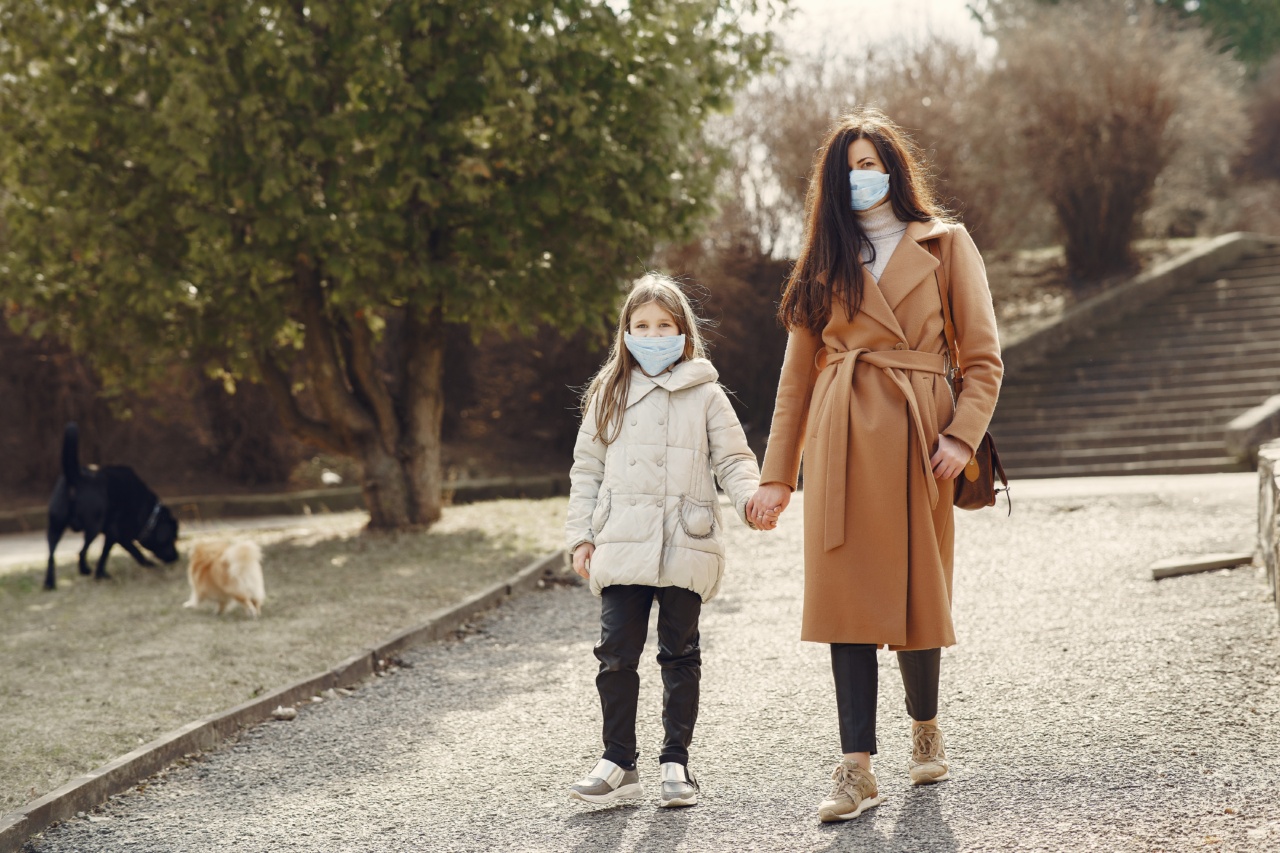Childhood viral infections are a common occurrence for parents with young children. Most of these viruses are self-limiting and do not require any medical intervention.
However, in some cases, medical attention is necessary to ensure a speedy recovery and to avoid complications.
Symptoms of Childhood Viruses
The symptoms of childhood viruses can vary depending on the type of virus. Some common signs and symptoms include:.
- Fever
- Runny or stuffy nose
- Cough
- Sneezing
- Sore throat
- Headache
- Fatigue
- Muscle aches
- Vomiting and diarrhea (in some cases)
When to Seek Medical Advice
Most viral infections in children do not require medical intervention and can be managed with simple home remedies. However, there are some instances where medical attention is necessary. These include:.
- High fever (above 102°F) that lasts for more than 3-4 days
- Difficulty breathing or rapid breathing
- Severe headache or neck pain
- Decreased urine output or dry mouth
- Unusual rash or skin lesions
- Seizures or convulsions
- Loss of consciousness or confusion
- Severe dehydration (no urine output for 8-12 hours, dry mouth, sunken eyes, lethargy)
- Persistent vomiting or diarrhea
- Worsening of symptoms despite home remedies
It is important to note that these symptoms may be indicative of other serious conditions, and medical attention should be sought immediately.
When to Avoid School or Daycare
If your child is exhibiting symptoms of a viral infection, it is important to keep them home from school or daycare to prevent the spread of the illness to other children. In general, a child should be kept home if they have:.
- Fever above 100°F
- Coughing or sneezing
- Severe headache or body aches
- Vomiting or diarrhea
Children should remain home until they are free of fever for at least 24 hours and are feeling well enough to participate in daily activities.
Prevention of Childhood Viruses
Prevention is key when it comes to childhood viruses. Some simple steps parents can take to reduce the risk of their child becoming infected include:.
- Regular hand washing with soap and water
- Encouraging children to cover their mouth and nose when coughing or sneezing
- Disinfecting frequently touched surfaces such as doorknobs, toys, and countertops
- Ensuring that your child is up-to-date on all necessary vaccinations
- Avoiding close contact with people who are sick
Conclusion
Childhood viral infections are a common occurrence, but in most cases, they can be managed with simple home remedies. However, it is important to seek medical attention in certain instances to ensure a speedy recovery and to prevent complications.
Parents can also take simple steps to reduce the risk of their child becoming infected in the first place.































